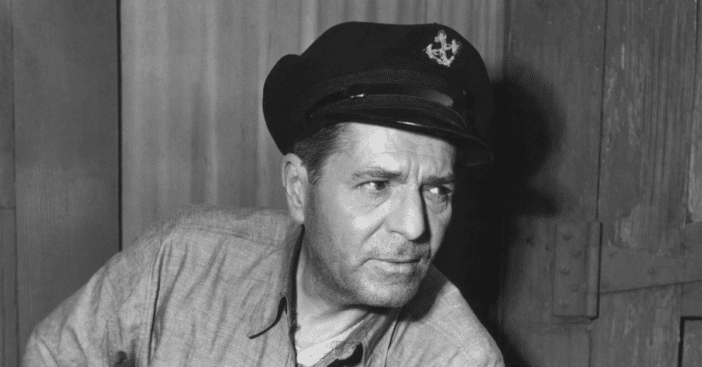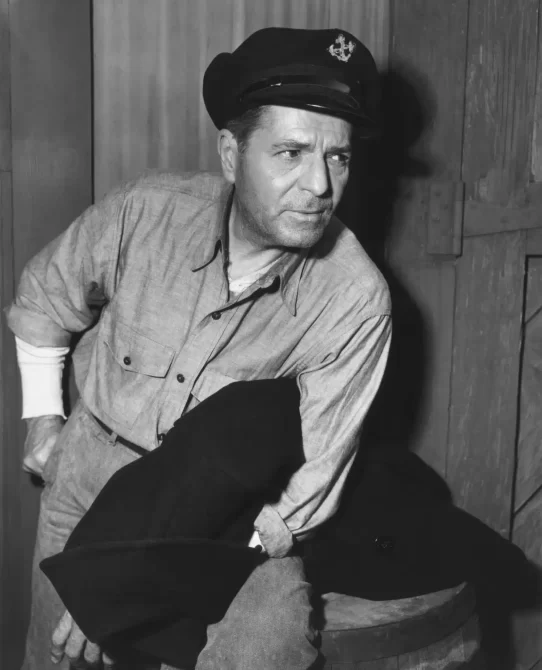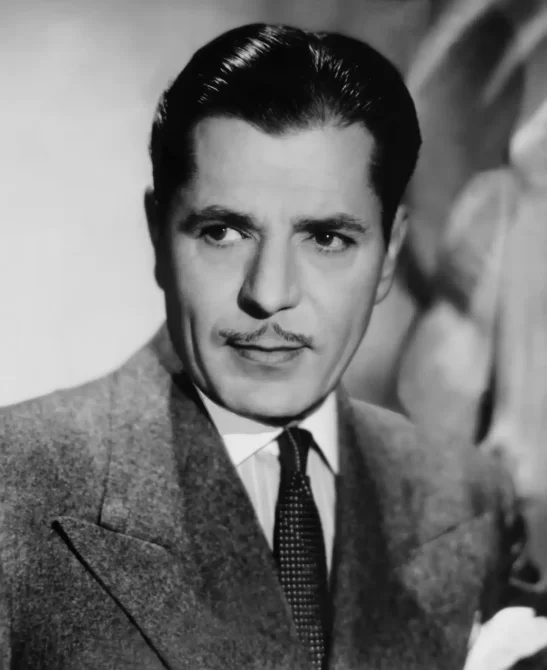
Warner Baxter of The Great Gatsby was the highest-paid actor in 1938 and one of the biggest of that time; however, little to no one knows of his story today. Sadly, all he wanted and chased, despite his troubles, was to be a recognized name in Hollywood.
He might just get his wish, though it took 73 years after his death. Classic author Dan Van Neste dug into Braxter’s life to write a biography, The Accidental Star: The Life and Films of Warner Baxter. Let’s see what he finds.
Warner Baxter had a life filled with tragedy

Baxter’s woes started on the set of where the director, Kenneth Hawkins, and eight others died while filming an aerial scene in the 1930 Such Men Are Dangerous. The incident left a mark on him as it was a very fatal accident at that time. One year later, two people died, and many sustained injuries while filming The Cisco Kid. 1932 came, and his chauffeur died in a car accident on his way to pick Baxter up.
His personal tragedy came in 1935 when he was riding a horse that bit his glued wig; the force the horse used was so much that it pulled his scalp alongside. The biography author described the incident as a “bloody mess.”
At that point, all the concurrent deaths and accidents he had witnessed began to take a toll on his mental health. Sadly, his mental health struggles coincided with when it seemed he had achieved everything there was to get in Hollywood: a stable and loving marriage to Winifred Bryson, fame, and high pay.

Despite all this, he was not happy, and Baxter stated it was as if he were “chasing a rainbow” because no matter how he did, he could “never see the end of it.”
Warner Baxter’s lobotomy
The final chapter of Baxter’s sad life was written when he had severe arthritis that was causing him pain, and he could not cope with his job at Colombia Studios. By 1950, the cause of his pain was revealed to be stage four prostate cancer.

His pain made him opt for lobotomy, a surgical operation where the nerves of some parts of the brain are cut off, “He reached a point where he was ready to do anything to stop the pain,” Dan wrote. “He felt like he had nothing to lose.” Surely, he did have “nothing to lose” as he only lived three weeks after the surgery and died of pneumonia, a common complication of the lobotomy.
